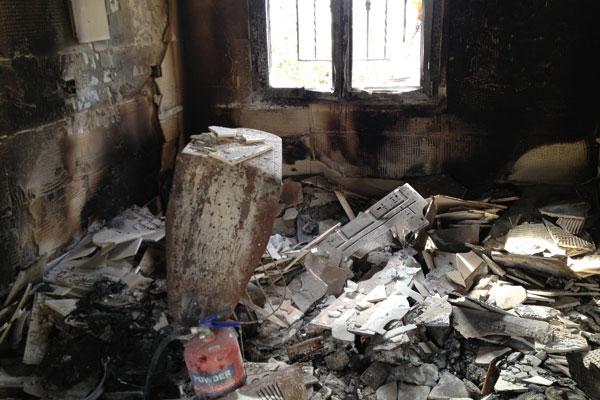Benghazi: Military Commanders Face Questioning
Helle Dale /
On Wednesday at 9 a.m., Members of Congress will once more try to pry answers from U.S. military leaders regarding the disastrous absence of military response to the terrorist attack on Benghazi.
The hearing will be held behind closed doors by the House Armed Services Subcommittee on Oversight and Investigations. The hearing has the potential to find answers to some of the most troubling questions regarding Benghazi.
Witnesses will be retired General Carter Ham (commander of Africa Command at the time of the Benghazi attack on September 11, 2012), Lieutenant Colonel Steve “Hoot” Gibson, and Rear Admiral Brian Losey.
Gibson is the focus of much controversy. He was the Army officer who, while in command of a small group of special operators, received “stand down” orders as he was trying to move from Tripoli to Benghazi to come to the aid of the U.S. personnel under attack, according to the emotional testimony of Gregory Hicks, deputy chief of mission in Tripoli. The stand down orders, which deeply frustrated Gibson, is said to have been issued by Losey, the former special operations commander for Africa.
However, General Martin Dempsey, chairman of the Joint Chiefs of Staff, in testimony in May denied that any orders to stand down had been given. Hearing from Gibson will be crucial for the committee’s investigation.
Armed Services Committee members should ask a number of specific questions:
- Who gave the orders for Gibson’s team to move, and why were those orders countermanded? Stopping a rescue mission is far more decisive than allowing it to go forward. There must have been a reason.
- Why was the Commanders in Extremis Force, of which Losey was in charge, not available for the emergency in Benghazi—which was precisely the kind of situation it was intended for? The team made it only as far as Sigonella airbase in Italy.
- Why weren’t more robust contingency plans in place given the threat in the area of Benghazi?
- Was shrinking readiness and capabilities a factor in leaving us with a military that is too stretched to adequately respond to high-risk threats?
The committee hearing has the potential to find answers to some of the most troubling questions regarding Benghazi. Members should keep digging until we get to the bottom of what went wrong.

